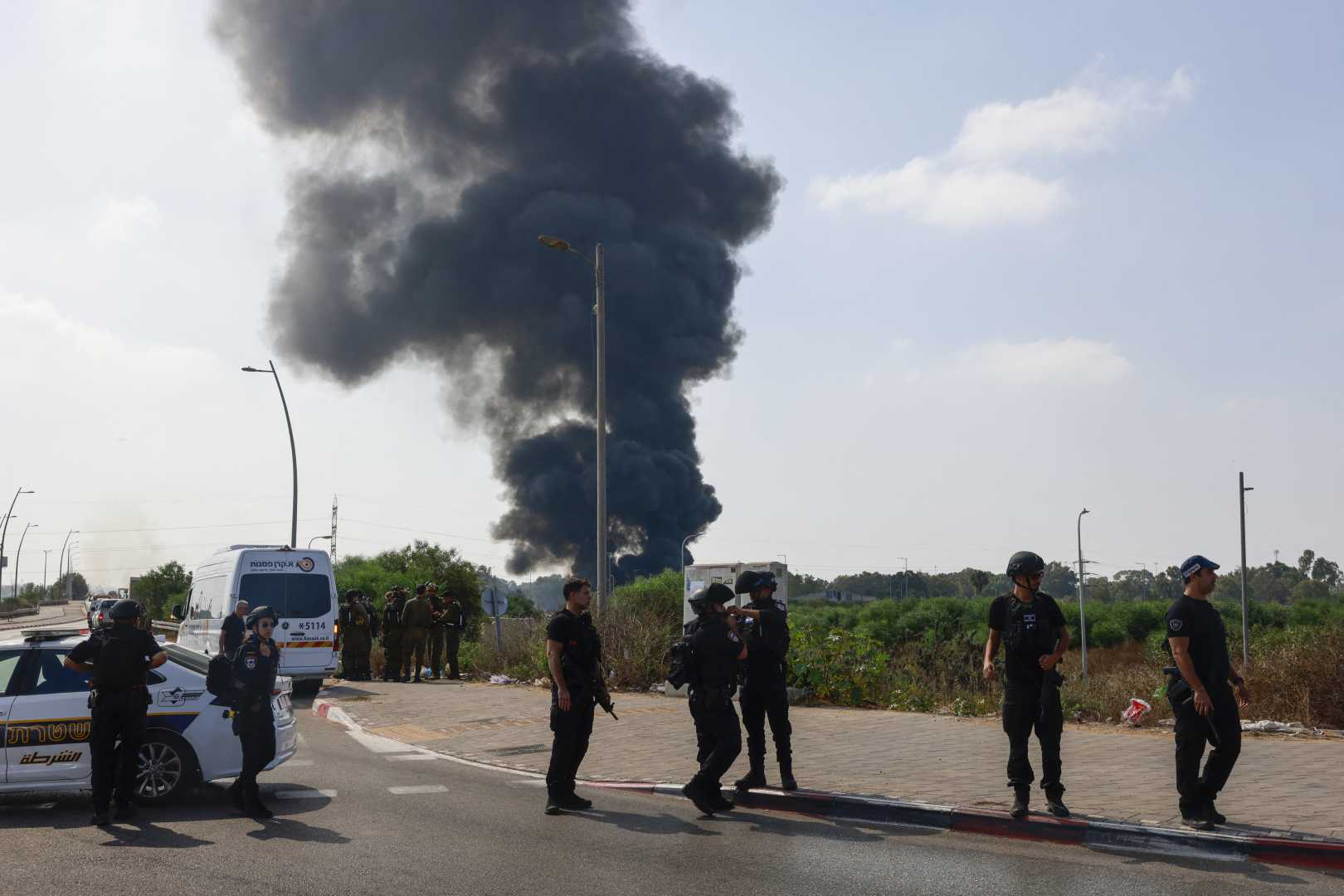News
Tensions Flare as Israel Strikes Iran Amid U.S. Political Divisions

Washington, D.C. — Tensions escalated early Friday when Israel launched a series of airstrikes against Iran, marking a significant military action in the ongoing conflict. The strikes, referred to by Israeli officials as a “preemptive strike,” come amid rising concerns over Iran’s nuclear capabilities.
According to Israeli Defense Minister Israel Katz, the nation is under “a special state of emergency” as a result of the strikes, which are believed to involve dozens of attacks on Iranian nuclear facilities. This operation, dubbed “Operation Rising Lion,” reportedly aims to prevent Iran from advancing toward the production of as many as 15 nuclear weapons.
The strikes resulted in the deaths of several high-ranking Iranian military officials, including General Hossein Salami, the head of Iran’s Revolutionary Guards. The Iranian government has condemned the attacks and threatened retaliation against Israeli and U.S. interests.
In the U.S., the strikes have sparked fierce debates among political leaders and commentators. Prominent conservative media figures like Mark Levin have praised the actions, while others, including former Fox News host Tucker Carlson, have expressed concern over potential American involvement in the conflict.
Levin, on his show, remarked, “The Iranians are about to get their asses kicked. Israel is not going to sit there and take it.” Conversely, Carlson has criticized the push for U.S. military involvement, emphasizing that America should focus on domestic issues rather than escalating foreign conflicts.
As the conflict unfolds, President Donald Trump has also found himself navigating internal divisions within his administration regarding the U.S. stance toward Iran. Secretary of State Marco Rubio stated that Israel acted unilaterally and emphasized that the U.S. is not involved in the strikes.
Hours before the attacks, Trump expressed his commitment to diplomacy with Iran on social media, reiterating the need for negotiations to resolve the nuclear issue. However, he acknowledged the possibility of future involvement in the conflict.
The rapid developments have drawn attention from lawmakers, with some warning that the U.S. must be cautious not to become embroiled in another military engagement in the Middle East. As debates continue, both sides of the aisle are weighing the implications of the strikes on regional stability and U.S. foreign policy.
As of now, the situation remains tense, with both Israel and Iran poised for further action as leaders on both sides navigate the complex geopolitical landscape. Amidst this turmoil, the U.S. grapples with its response and the potential impact on its own national interests.












